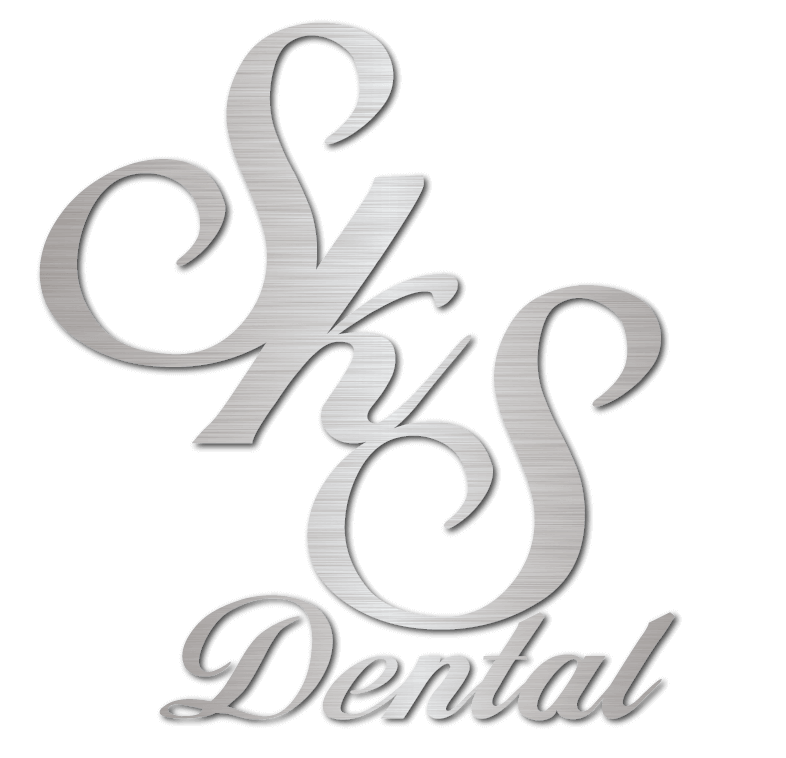Conveniently located to serve Arlington, Alexandria, and Washington DC
Gum Recession
Gingival recession (receding gums) refers to the progressive loss of gum tissue, which can eventually result in tooth root exposure if left untreated. Gum recession is most common in adults over the age of 40, but the process can begin in the teenage years.
Gum recession can be difficult to self-diagnose in its earlier stages because the changes often occur asymptomatically and gradually. Regular dental check ups will help to prevent gum recession and assess risk factors.
The following symptoms may be indicative of gum recession:
- Sensitive teeth – When the gums recede enough to expose the cementum protecting the tooth root, the dentin tubules beneath will become more susceptible to external stimuli.
- Visible roots – This is one of the main characteristics of a more severe case of gum recession.
- Longer-looking teeth – Individuals experiencing gingival recession often have a “toothy” smile. The length of the teeth is perfectly normal, but the gum tissue has been lost, making the teeth appear longer.
- Halitosis, inflammation, and bleeding – These symptoms are characteristic of gingivitis or periodontal disease. A bacterial infection causes the gums to recede from the teeth and may cause tooth loss if not treated promptly.
Causes of Gum Recession
Gum recession is an incredibly widespread problem that dentists diagnose and treat on a daily basis. It is important to thoroughly examine the affected areas and make an accurate diagnosis of the actual underlying problem. Once the cause of the gum recession has been determined, surgical and non-surgical procedures can be performed to halt the progress of the recession and prevent it from occurring in the future.
Some of the causes of gum recession include periodontal disease, an improper bite, and uneven forces placed on the tooth.
Treatment of Gum Recession
Every case of gum recession is slightly different, therefore many treatments are available. The nature of the problem which caused the recession to begin with needs to be addressed first.
If overly aggressive brushing techniques are eroding the gums, a softer toothbrush and a gentler brushing technique should be used. If poor oral hygiene is a problem, prophylaxis (professional dental cleaning) may be recommended to rid the gum pockets of debris and bacteria. In the case of a severe calculus (tartar) build-up, scaling and root planing will be performed to heal gingival inflammation and clean the teeth.
Once the cause of the gingival recession has been addressed, surgery of a more cosmetic or restorative nature might be recommended. Gum tissue regeneration and gum grafting are two excellent ways to restore natural symmetry to the gums and make the smile look more aesthetically pleasing.
If you have any questions or concerns about periodontics, or gum recession, please contact our office.
Dr. Sabharwal is a wonderful dentist! I would highly recommend her and have done so to all my friends. Her new office is bright and welcoming. Her staff are friendly and helpful. She is very patient with me – I’m nervous about going to the dentist- and I appreciate how she explains the procedures when I ask for more information. She also sees my kids- ages 4,9 and 77- and they enjoy going to visit her. She has a great manner with children and adults. We are so happy to have found such a great dentist!
